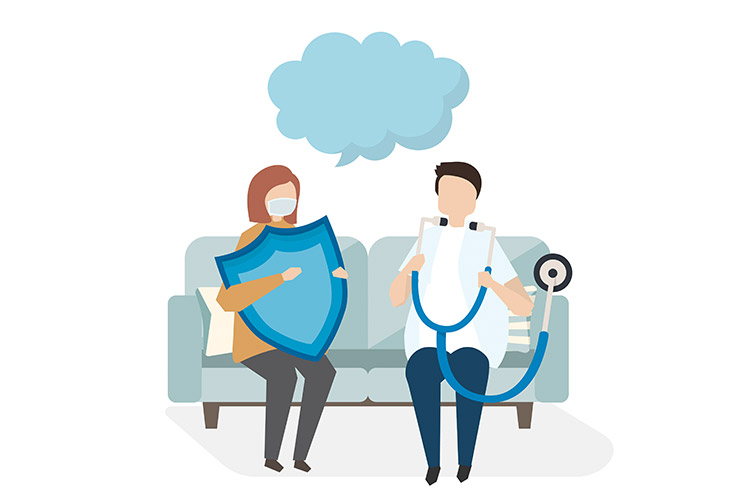In the labyrinthine domain of healthcare, the sanctity and confidentiality of patient information stand as paramount concerns, governed by the rigorous mandates of the Health Insurance Portability and Accountability Act (HIPAA). Hospital call centers, serving as the conduits of sensitive patient communications, are ensconced at the heart of this imperative, navigating the complex interplay between operational efficacy and stringent compliance requirements.
The essence of HIPAA, enacted to fortify the privacy and security of patient health information, underscores a fundamental covenant of trust between patients and healthcare providers. For hospital call centers, adherence to HIPAA is not merely a legal obligation but a cornerstone of ethical practice, reinforcing the fiduciary relationship that undergirds patient care.
Yet, the path to compliance is fraught with challenges, notably in the digital epoch where information permeates the ether, susceptible to interception and misuse. Call centers must contend with multifarious threats, from cyber incursions to inadvertent data breaches, each posing a formidable risk to the integrity of patient information. The complexity is further amplified by the evolving landscape of telecommunication technologies, which, while expanding the horizons of patient engagement, also introduce novel vulnerabilities.
To navigate these tumultuous waters, hospital call centers must employ a multipronged strategy for HIPAA compliance, intertwining technological solutions with rigorous procedural safeguards. Encryption technologies and secure data transmission protocols form the bedrock of this approach, ensuring that patient information remains impervious to unauthorized access during digital exchanges. Similarly, access controls and authentication mechanisms are indispensable, confining the purview of sensitive data to authorized personnel.
Beyond technological fortifications, fostering a culture of compliance is imperative. This entails comprehensive training programs that imbue staff with a deep-seated understanding of HIPAA regulations and the paramount importance of patient privacy. Regular audits and risk assessments further buttress this framework, enabling the identification and rectification of potential vulnerabilities.
In sum, ensuring HIPAA compliance in hospital call centers is an exercise in balancing the dual imperatives of operational efficiency and unwavering commitment to patient privacy. Through the judicious application of technology and the cultivation of a compliance-centric ethos, call centers can transcend the challenges posed by the digital age, safeguarding the sanctum of patient trust and fortifying the edifice of healthcare privacy.

